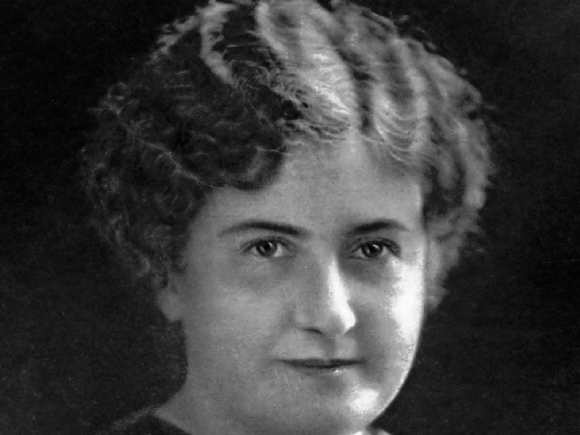was an Italian educator and originator of the educational system that bears her name. The Montessori system is based on belief in the creative potential of children, their drive to learn, and the right of each child to be treated as an individual.
After graduating in medicine from the University of Rome in 1896—the first woman in Italy to do so—Montessori was appointed assistant doctor at the psychiatric clinic of the University of Rome, where she became interested in the educational problems of intellectually disabled children. Between 1899 and 1901 she served as director of the State Orthophrenic School of Rome, where her methods proved extremely successful. From 1896 to 1906 she held a chair in hygiene at a women’s college in Rome, and from 1900 to 1907 she lectured in pedagogy at the University of Rome, holding a chair in anthropology from 1904 to 1908. During these years she continued her studies of philosophy, psychology, and education.
In 1907 Montessori opened the first Casa dei Bambini (“Children’s House”), a preschool for children age three to six from the San Lorenzo slum district of Rome, applying her methods now to children of normal intelligence. Her successes led to the opening of other Montessori schools, and for the next 40 years she traveled throughout Europe, India, and the United States lecturing, writing, and establishing teacher-training programs. In 1922 she was appointed government inspector of schools in Italy, but left the country in 1934 because of the Fascist rule. After periods in Spain and Ceylon (now Sri Lanka), she settled in the Netherlands.
Montessori scorned conventional classrooms, where “children, like butterflies mounted on pins, are fastened each to his place.” She sought, instead, to teach children by supplying concrete materials and organizing situations conducive to learning with these materials.
SPARK has adopted the axiom “learning by doing”, which is giving the third dimension of kinesthetic learning to students. As we all know learning has four dimensions VARK. The regular school focuses on Reading and Writing, with a heavy reliance on rote learning.
Our sister concern, NIMka, has pioneered teaching Maths, using concrete models and triggering the creative side of the brain to generate curiosity. The Montessori Method is a proven method today, but it has taken over a 100 years for the world to come to terms with something as basic as this. All SPARK classes rely less on ‘mugging-up’ and offer a practical edge to children while developing their life-skills.




